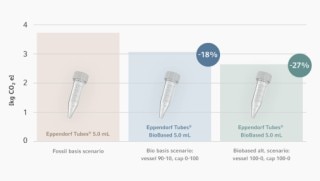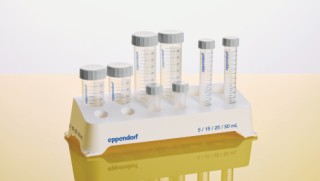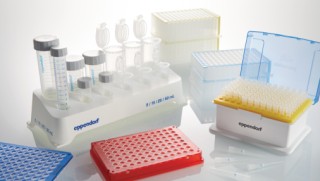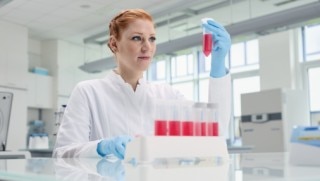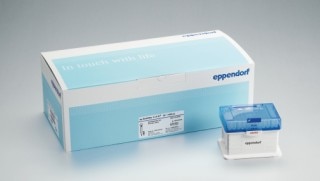-
-
-
-
- Forum Labo 2025
- Advanced Therapies Week (ATW) 2025
- SLAS Europe 2025
- Bioprocessing Summit Europe 2025
- Medlab Middle East 2025
- SLAS International 2025
- Biologics World Nordics 2025
- ASIA LABEX: The Lab Show 2025
- BioProcess International Europe 2025
- ISEV 2025
- Future Labs Live 2025
- Cell 2025
- ASIA LABEX: The Lab Show 2025
-
-
-
-
- Forum Labo 2025
- Advanced Therapies Week (ATW) 2025
- SLAS Europe 2025
- Bioprocessing Summit Europe 2025
- Medlab Middle East 2025
- SLAS International 2025
- Biologics World Nordics 2025
- ASIA LABEX: The Lab Show 2025
- BioProcess International Europe 2025
- ISEV 2025
- Future Labs Live 2025
- Cell 2025
- ASIA LABEX: The Lab Show 2025
-
- Benchtop Centrifuges
- Floor-Standing Centrifuges
- Refrigerated Centrifuges
- Microcentrifuges
- Multipurpose Centrifuges
- High-Speed Centrifuges
- Ultracentrifuges
- Concentrator
- High-Speed and Ultracentrifuge Consumables
- Centrifuge Tubes
- Centrifuge Plates
- Device Management Software
- Sample and Information Management
-
- All Pipettes, Dispensers & Automated Liquid Handlers
- Mechanical Pipettes
- Electronic Pipettes
- Multi-Channel Pipettes
- Positive Displacement Pipettes & Dispensers
- Automated Pipetting
- Bottle-Top Dispensers
- Pipette Controllers
- Pipette Tips
- Automation Consumables
- Dispenser & Pipette Accessories
- Automation Accessories
- Dispenser & Pipette Services
You are about to leave this site.
Please be aware that your current cart is not saved yet and cannot be restored on the new site nor when you come back. If you want to save your cart please login in into your account.
Recycling of used lab consumables?
Plastic is ubiquitous in our daily life – at home and in the laboratory. We as human beings use a lot of plastic. In 2019, 460 million tons of plastics were produced globally, and this is nearly twice the amount manufactured in 2000 (234 million tons). The manufacturing of plastic released 1.8 gigatons of CO2 into the atmosphere. Compared to all other emissions, plastic production alone accounts for 3.4 % of the global CO2 emissions. If you compare these numbers with the CO2 emissions of countries, global plastic production will rank as 5th place after China, the USA, EU-27, and Japan.
Collection and recycling of plastic is the key for future development. Laboratory plastic consumables are a challenge for recycling: Whatever enters the laboratory is defined as being contaminated. This contamination can be a biological, a chemical, or even radioactive one. To improve the efforts and finally the quality of the collected plastic material, dedicated collection boxes for specific material like PP, PE, or PC.
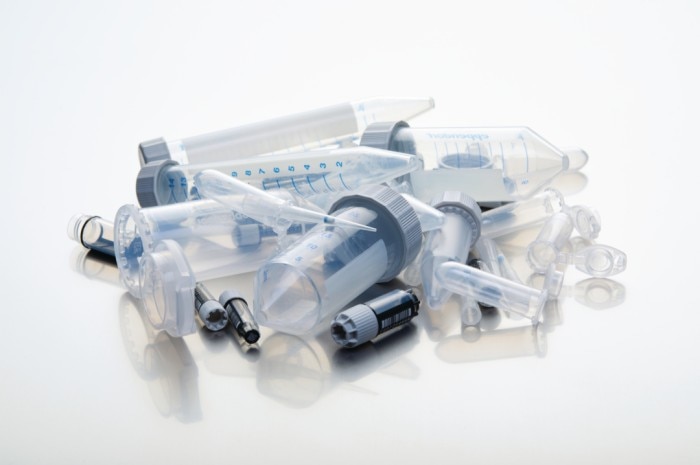
The material must be autoclaved prior shipment (although autoclavation is limited to killing germs, it does not clean the material from chemical load). Therefore, you may minimize the chemical load of your plasticware. Limit transportation, a shipment over thousands of kilometer/ miles for the next recycling facility will drastically reduce the benefit of plastic recycling due to the additional transportation impact.
Keep in mind legal restrictions, incineration of contaminated labware is set in many institutions due to safety reasons. Please check with your local biosafety and your local waste management team terms and conditions for any recycling of laboratory plastic.

